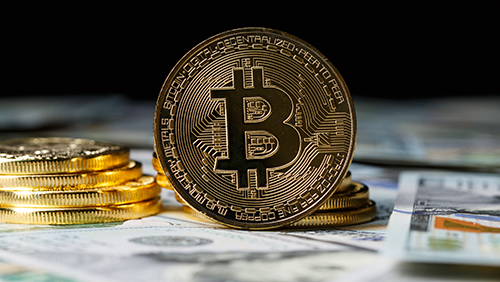While the government of India is busy deliberating on whether to create a regulatory framework for bitcoin, a new battle has erupted over which body should regulate the popular digital currency.
 The finance ministry recently hosted a meeting to discuss the regulatory framework of digital currencies in the country. The agenda, however, was overshadowed by a disagreement between the Reserve Bank of India (RBI) and the Securities and Exchange Board of India (SEBI) over which of them gets to control the legislative measures.
The finance ministry recently hosted a meeting to discuss the regulatory framework of digital currencies in the country. The agenda, however, was overshadowed by a disagreement between the Reserve Bank of India (RBI) and the Securities and Exchange Board of India (SEBI) over which of them gets to control the legislative measures.
RBI considers bitcoin as security rather than currency, which means that it should regulated by SEBI, Business Standard reported. The central bank also proposed that the digital currency be traded as commodity derivatives, just like gold or silver, noting that SEBi should ensure that cryptocurrencies like bitcoin will not be used for illegal activities such as money laundering.
The securities board, however, rejected the proposal.
“It [bitcoin] cannot be classified as commodity derivatives as per extant legal provision,” a regulatory official said, according to the report.
The Reserve Bank of India is infamous for continuously rejecting calls from the growing local bitcoin industry to recognize and license bitcoin trading in the country, telling traders that “dealing with virtual currencies will be doing so at their own risk.” Under the Payments and Settlement Systems Act of 2007, the central bank has the power to regulate the digital payments industry in India.
This year, digital currency exchanges Zebpay, Unocoin, Coinsecure and Searchtrade took the matters into their own hands and founded a self-regulatory watchdog, the Digital Asset and Blockchain Foundation of India (DABFI). The group, which has been lobbying the Indian government to be lenient on digital currency, is currently working with lawmakers to define a set of guidelines for cryptocurrency use and trading in the country.
Bitcoin traded at $2,761.10 per coin on Monday.